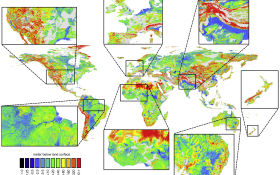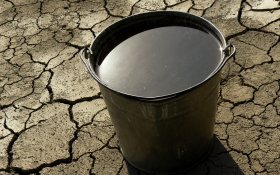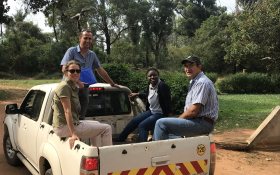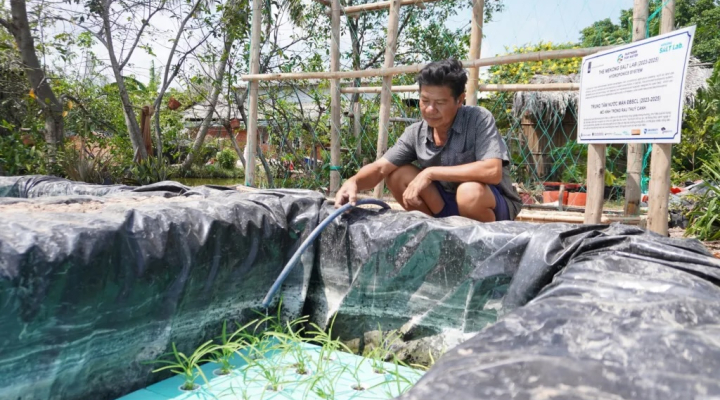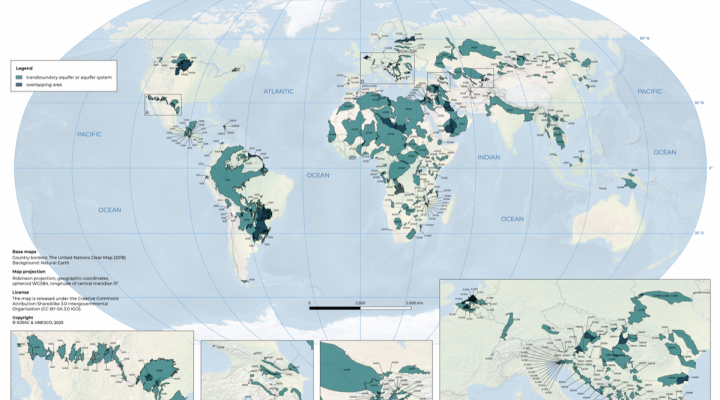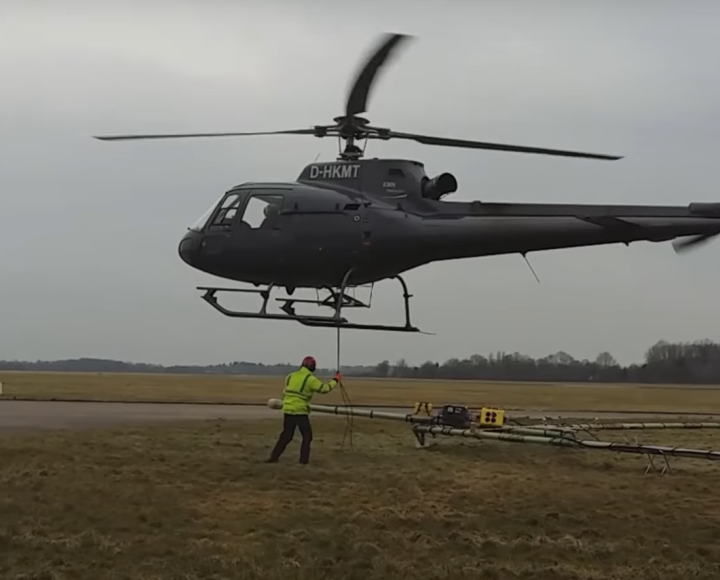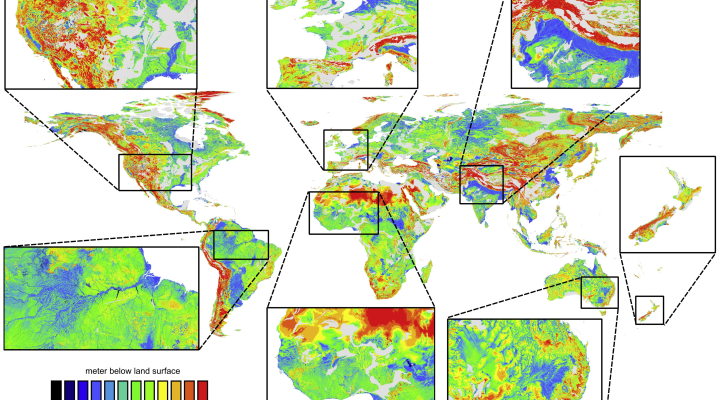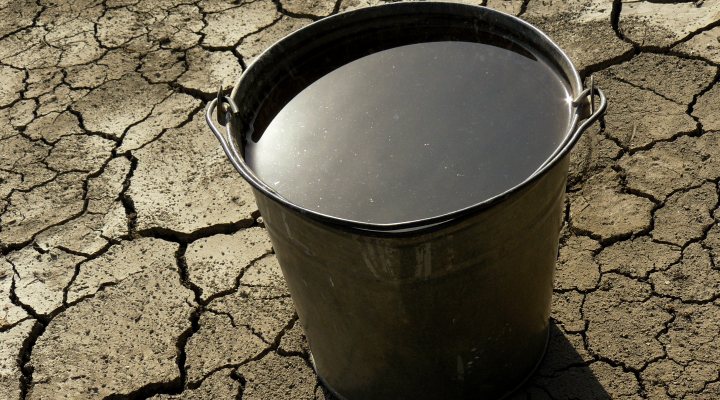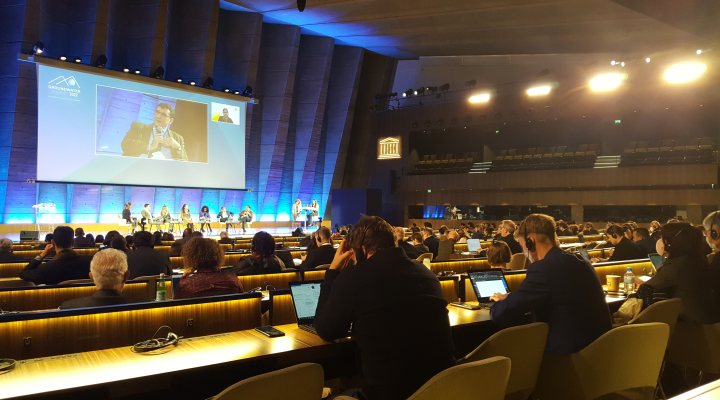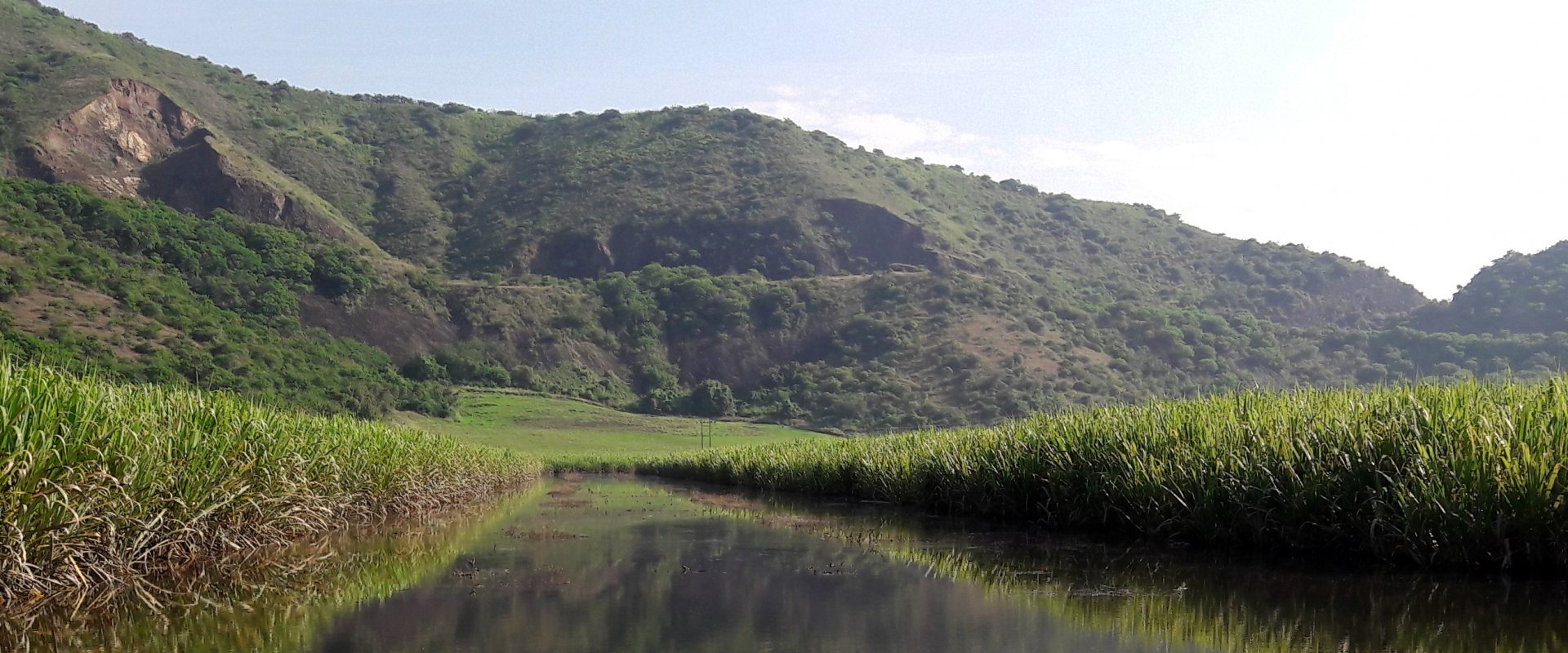
How the HERMANA platform improves sustainable water management in Colombia
Climate change and a growing demand for water are causing water scarcity across the world. Better water management is therefore an ever growing necessity. In the Colombian Cauca Valley, a new online decision-making platform called HERMANA is allowing more sustainable and equitable water management. This platform is part of the water cooperation activities in Colombia under the framework of the Dutch Partners for Water Programme.
The Cauca Valley, in western Colombia, is rich in terms of natural resources. Its land, water, and forests underpin the sustained productivity of food crops on which communities depend for their livelihood. The economy of this region is strongly linked to natural resources management, and local communities are 'tied' to their land through water.
But agricultural intensification, primarily sugarcane production, and population growth are putting increasing pressure on communities’ water resources. The rising demand for irrigation water, combined with climate change, is leading to water shortages during the summer season. This is putting mounting strain on the groundwater supply, a trend that in the long run might have consequences for the environment and the well yields, especially as irregular rainy seasons are leading to more frequent droughts. Water pollution is putting a further strain on the water resources, causing ecosystem degradation and water shortages.
Tackling these challenges will bring environmental benefits while enabling the Cauca Valley to pursue resilient pathways to sustainable development. Corporación Autónoma Regional del Valle del Cauca (CVC), the regional government authority responsible for water management and the environment, has entered into a partnership with a Dutch consortium consisting of Deltares, FutureWater, Dutch Water Authorities, and HydroLogic to work on sustainable water management.
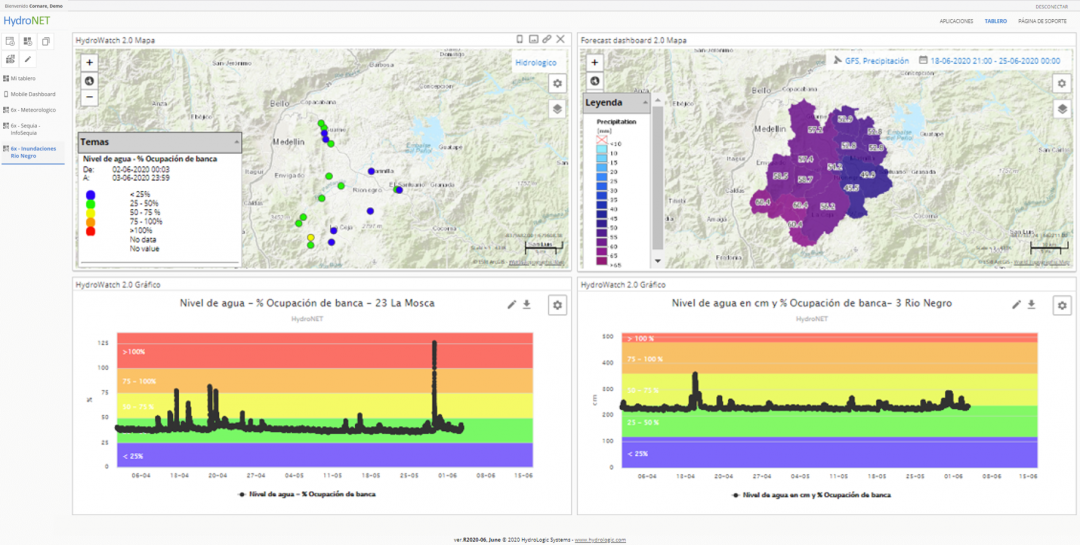

Better decision-making through HERMANA
The HERMANA platform is supported by the Dutch Partners for Water Programme’s subsidy scheme. The scheme enabled the consortium to start operations in Colombia, align its system to local needs and execute a first pilot in the region. Robert Proos, Senior Advisor at the Netherlands Enterprise Agency (RVO) responsible for Partners for Water Colombia, says “the HERMANA platform is a great example of what the subsidy scheme can do. The scheme integrates innovations and knowledge from different Dutch water sector entities in a locally embedded project and enhances water security in the Cauca Valley. It is good to see that the Partners for Water subsidy scheme enabled this collaboration and in doing so, facilitated this important step towards scaling the application in Colombia.”
Barbara Swart, Coordinator of the water sector cooperation between the Netherlands and Colombia at the Dutch Ministry of Infrastructure and Water, says that “the HERMANA platform is one of the best practices in the Dutch Government’s International Water Ambition (NIWA). The NIWA is put into practice through cooperation networks, projects and tools to support countries in their efforts to improve water security and water safety.”
In this international partnership, the partners jointly developed and implemented HERMANA, an online water control platform that is enabling the region to transition towards more sustainable water management with less impact on the surrounding ecosystems. HERMANA helps improve decision-making for water management professionals by guiding the user through the steps needed to take decisions, while providing access to real-time data and accurate forecasts. An integrated operational platform like this can help limit the negative consequences of climate change and intensive cultivation on the water supply. The partners believe that this not only leads to the protection of nature, but also to better economic returns.
Sandra Teresa Escobar, coordinator of the CVC’s water resource group that supported the development of HERMANA, stresses the partnership’s importance in working to meet Colombia's water management challenges. "To use water more sustainably, we first need to thoroughly examine and describe the national territory. To do this, it is important to have monitoring stations which record the water and climatic conditions. This data will help us build up knowledge, assess historical events, and learn to understand the different perspectives in decision-making."
"HERMANA is both important and unique because it synthesises and integrates information for better decision-making. The platform is also user-friendly. It contains visually attractive and clear information that can easily be shared more quickly with both highly skilled and specialised professionals, as well as decision-makers who are not necessarily climate or water experts," Escobar explains. "The platform is also flexible and can configure the outputs to meet the particular needs of the users. Through HERMANA we can integrate quality and quantity data and take care of the Cauca River. This is the most important river in our jurisdiction, not only because of its size but also because it supplies water to more than 75% of the human population in Cali."
In December 2020, HERMANA proved its value when the Cauca River catchment experienced heavy rainfall that caused an unexpected water level rise that threatened the infrastructure and people’s livelihoods. "HERMANA enabled us to alert relevant stakeholders such as the municipal and departmental risk management secretaries on the expected risks so that they could take timely decisions. Before HERMANA, we would have done the same, but it would have taken longer to process the information and transmit the alerts. And time is of the essence in risk management."
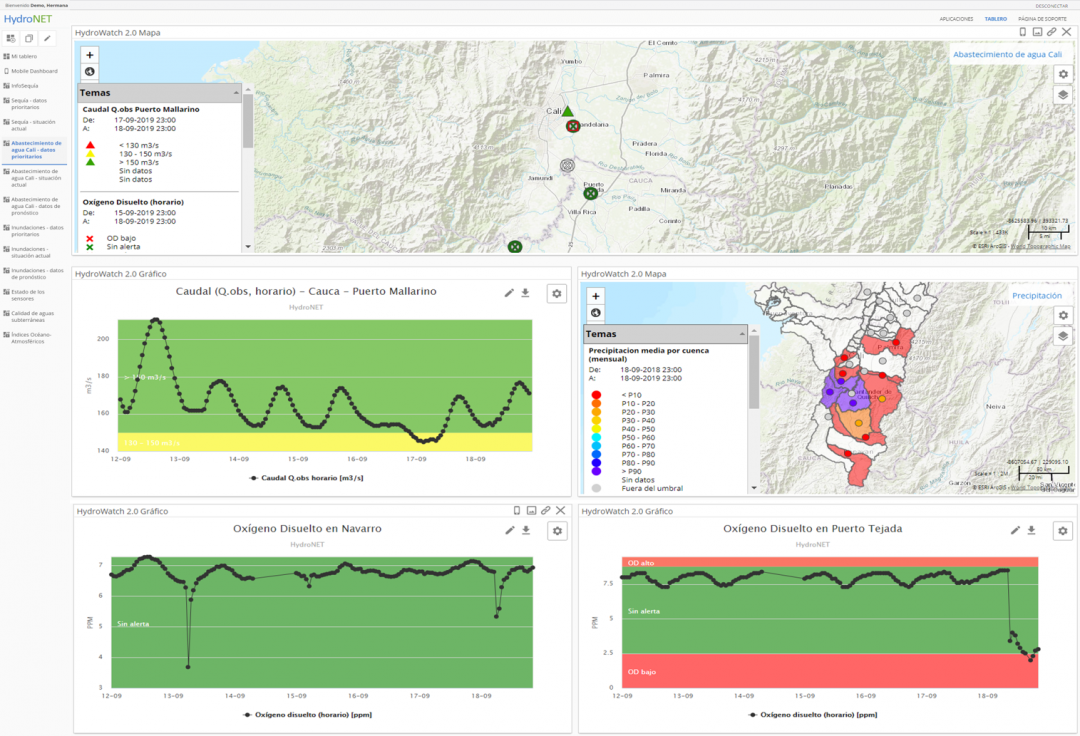

Built on local observations
In order to make more informed and transparent decisions, water authorities, companies and residents must gain more understanding of their own water management. How much water do they use in sugarcane cultivation? How much water is available now and in the future?
The CVC and the Dutch consortium collaboration has led to greater understanding. "Taking steps in sustainable water management is urgently needed," says Marta Faneca Sánchez, hydrogeologist at the Deltares research institute. "We now know that more drought events coupled with increasing sugar cane coverage will lead to huge groundwater extraction. On top of this, we must be aware of the growing urban water demand and increased pollution from industrial discharges."
These challenges need an integrated water management approach facilitated by HERMANA. Faneca Sánchez says that "Co-creation brought knowledge and platforms on water and information management based on local knowledge and geographic data developed by CVC. We wanted HERMANA to fit CVC’s unique needs and create long term value. The role of the Dutch Water Authorities was also very relevant because CVC listens to them differently than they listen to a research institute or company. They see the Dutch Water Authorities as a pair."
"The first step was to understand the kinds of decisions that CVC needed to take every day in relation to water management. Then we mapped the information that would be needed and the steps that should be taken in the decision-making process. Once this was understood and documented, we worked on connecting satellite data, field observations, sensors and models with the online dashboard; and performing calculations to yield actionable information such as hydrological forecasts, water quality and drought indicators. HERMANA gives you the information you need to identify a possible problem that can cause casualties and crop damage."
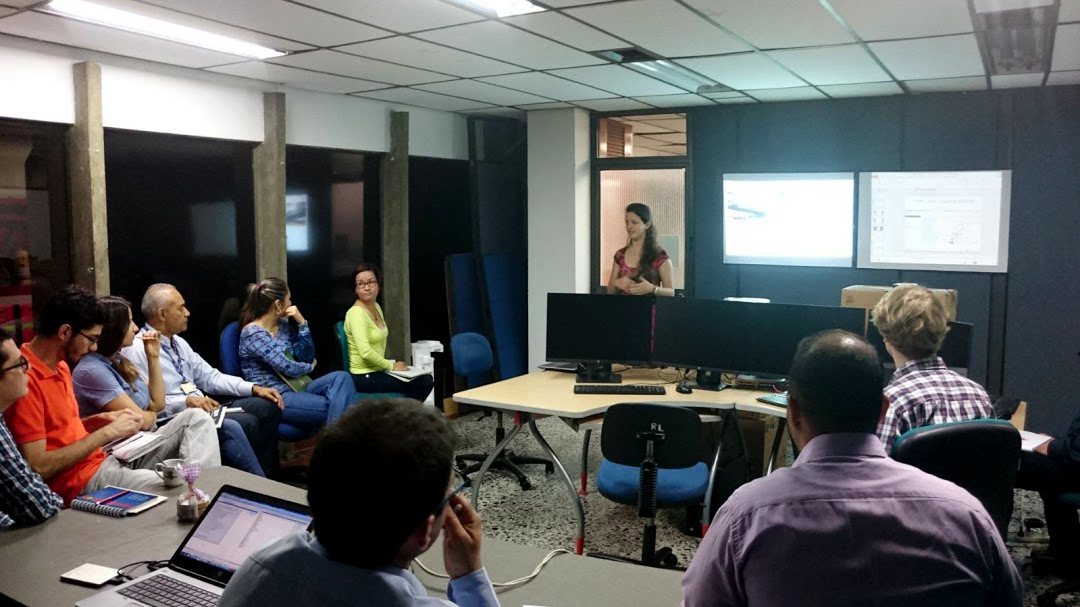

Embedding in local practice
A co-design approach was vital to ensure the platform is sensitive to the local context and can be seamlessly integrated into decision-making processes. Central to the project objectives were to improve communication between the CVC and stakeholders and help explain water-related decisions.
"The platform seems to fit in well with the daily practice and operational culture of the local organisations," says hydrologist Minke Wuis from HydroLogic. "While it is based on the real-time decision-support systems used by the Dutch Water Authorities, HERMANA was developed jointly with the local partners and now it truly belongs to them. CVC presents it as their own platform to manage and control their local systems."
HERMANA is embraced and managed by CVC. It contains national and historic data, and real-time information from regional monitoring stations. CVC is now working on a follow-up, including groundwater and air quality. Its goal is to make HERMANA not just a water control platform, but a comprehensive platform for natural resources that can be used by all departments in CVC.
"HERMANA is an inspiring example for other regional water authorities in Colombia," says Escobar. "It is a powerful platform with plenty of potential when used by motivated users. Initially, we will focus on risk managers in governmental agencies at local, regional, and national levels. Next will be private water users who could have access to parts of the information."
As Cali and its population grow, and climate change puts greater pressure on vulnerable freshwater systems, maintaining healthy land around the water sources will be increasingly vital to the future of Cauca Valley's water security. Smart instruments such as HERMANA can help to create well-considered and transparent perspectives for action.
NL - Colombia water cooperation - a series
This series of articles about Colombia is an initiative of the Partners for Water Programme to explore and report the main findings of the water cooperation between the Netherlands and Colombia from the perspective of the local counterparts. The articles in this series are written by Delta expert and publicist Joep Janssen.




